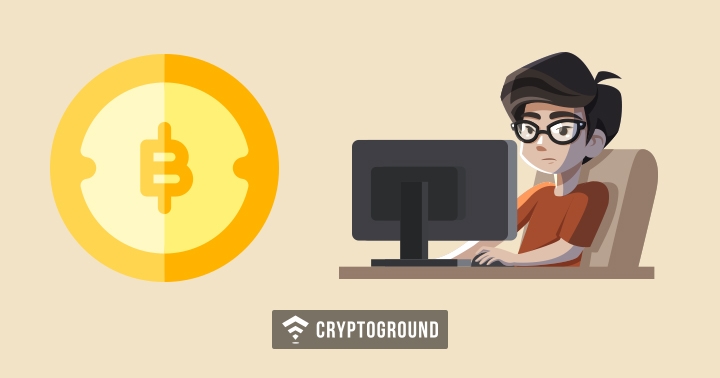Wall Street Journal (WSJ) article released on Jan 1 stated, "Some of the real uses of Bitcoin and its underlying blockchain technology have emerged."
As per the analysis, the real crypto development has appeared in 2017. Also, a large number of people have started investing in crypto without any kind of information. In the beginning of 2018, there was a question, will Bitcoin sustain the hype of 2017's manic rally? By the end of 2018, it's absolutely clear that Bitcoin failed in that.
Also Read: Cryptocurrency Rewind 2018: The Ups and Downs of 2018
Andy Bromberg, who is the founder of Coinlist, a platform which conducts regulatory-compliant token sales, said that the next step in crypto was to find out "how we can turn this technology into products for people to use". But, as per the latest article
"Bitcoin and the hundreds of other digital currencies that have popped up over the years are still largely usable only by developers."
Building apps on the Ethereum platform are less natural as compared to building apps for other non-blockchain platforms, as per WSJ. As of now, Ethereum doesn't possess any of the developer kits which are available in for current iOS and Android Apps, hence "developing a same kind of app for Ethereum involves building an entire suite of tools to connect the app to the platform itself."
Despite this, WSJ claims that the new institutional investors may join the space when Bakkt will be released by the Intercontinental Exchange (ICE), the operator of the New York Stock Exchange (NYSE). The Launch timeline of the Bakkt Bitcoin (USD) Daily will be released in Early 2019.
The article also mentions that despite the launch of various established Wall Street players, there are a lot of scammers. This matches clearly with the declarations made by Jed McCaleb, who is Stellar's co-founder said that "ninety percent of these projects [that aren’t Stellar, Ethereum or Bitcoin] are B.S."
The Wall Street Journal lately published research in December, which stated more than hundreds of crypto offerings showed the signs of fraudulent activity, unlikely returns, and plagiarism.
























